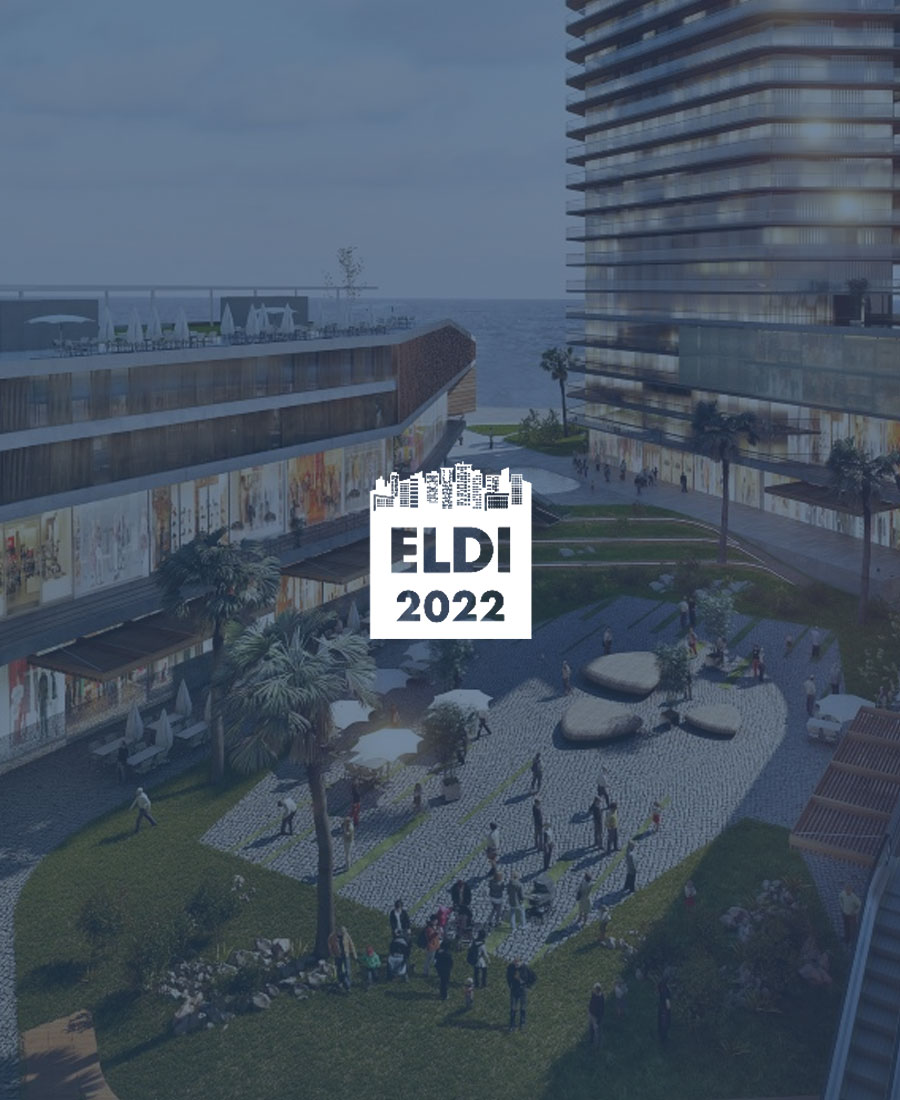Expo Real Estate Chile 2025: Real Estate Innovation and Smart Urban Ecosystems
Reading time: 5 minutes
On October 22 and 23, 2025, the W Santiago Hotel hosted Expo Real Estate Chile 2025, a real estate development and investment congress organized by SyG. The event welcomed over 3,000 attendees, 50 exhibitors, and 90 speakers, all gathered to discuss innovation, trends, and new opportunities in the industry.

The 2025 edition of Expo Real Estate Chile, organized by SyG, brought together more than 3,000 visitors over two days at the W Santiago Hotel. The event offered a dynamic environment for networking, professional development, and business opportunities, featuring 30 workshops, an exhibition with over 50 stands, seminars, commercial presentations, and a congress with more than 90 speakers.
This year’s highlights included the growing impact of multifamily buildings, the integration of artificial intelligence as a tool to enhance real estate development, and emerging trends in smart cities, among other key topics shaping the sector.
Smart Cities and Urban Transformation
Santiago Pérez, architect and Business Development Manager at Gómez Platero Arquitectura & Urbanismo, joined the innovation panel, “New Trends in Cities: Projects That Leave a Mark. Smart Cities and Technological Advances.” Moderated by Carlos D’Agostino, the panel also featured Mercedes Balmaceda (Independent Consultant), Gervasio Ruiz de Gopegui (IRSA Ventures Manager), and Carolina Matamala (CEO of TOCTOC.COM and President of Proptech Chile).
The discussion explored how smart cities must go beyond simply adopting technology and data to optimize operations—they must also listen to their residents and foster collective intelligence. Panelists emphasized the need for flexibility in urban design to adapt to social and technological change, and discussed how collaboration among diverse stakeholders can accelerate urban transformation. The importance of education and citizen participation in building more inclusive and resilient cities was also highlighted.
Learn about other GP participations at Expo Real Estate
Panelists agreed that while digitalization and data management are essential, they are not enough: true urban intelligence requires a solid physical foundation and, above all, effective governance that transcends political cycles and enables long-term planning. The conversation underscored the importance of public-private collaboration and the need for integrated urban policies that address the real needs of the population.
A central theme was the vital role of public spaces in urban life. The panel noted that the quality of social relationships—more than economic success—determines residents’ happiness, and that public spaces are the natural setting for these interactions. As a result, architectural design should move toward polycentric cities with multiple activity hubs and multimodal mobility. Mixed-use projects that combine housing, work, and services within accessible distances, prioritizing user experience and quality of life, are key to resilient urban planning.
Pérez shared insights from the +Colonia project in Uruguay, which aims to triple the urban area of Colonia by integrating nature and city into a single, cohesive fabric. The project prioritizes sustainable mobility, well-managed density, and the creation of high-quality public spaces, all while respecting local identity and promoting social diversity.
The panel concluded that the future of smart cities in Latin America must focus on people, resilience, and sustainability—integrating technology, governance, culture, and urban design to create more livable, efficient, and human-centered environments.
Real Estate Market Trends in Chile
According to a study by IDE (Informes de Expertos):
• The real estate market in Chile reached a value of USD 10.88 billion in 2024 and is projected to grow to USD 15.62 billion by 2034, with a compound annual growth rate (CAGR) of 4.1% from 2025 to 2034. This growth reflects a sustained recovery, driven by economic factors, urbanization, housing policies, and both local and foreign investment demand.
• Urban and demographic growth in cities such as Santiago, Valparaíso, and Concepción is fueling demand for housing, offices, and commercial spaces.
• Subsidies for first-time homebuyers and accessible financing have increased property ownership and domestic demand.
• Chile is considered one of the most stable countries in Latin America, attracting foreign investment in residential, commercial, and tourism projects.
• The adoption of technologies like BIM and sustainable materials has improved productivity and reduced construction costs.
• The premium housing segment, targeting high-net-worth buyers, is expanding, especially in luxury properties with exclusive amenities.
• Economic recovery and the growth of e-commerce are driving the development of modern, sustainable offices and retail spaces.
• Tourist destinations such as Viña del Mar and Puerto Varas have seen a rise in the development of vacation rental properties.
Fill out the form to access the presentation summary:


